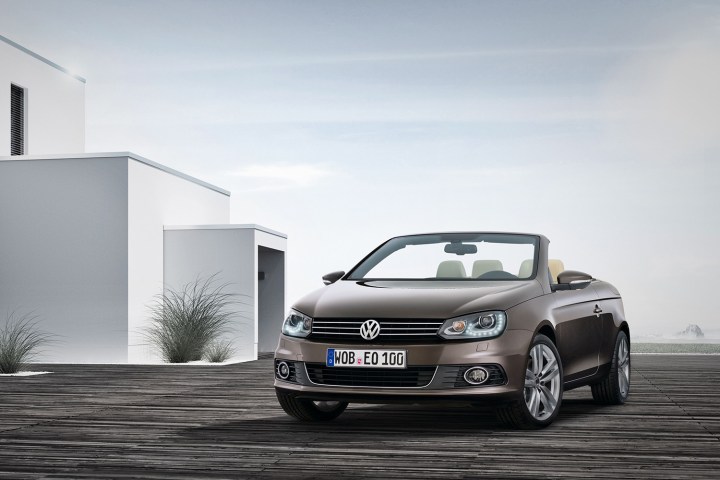
No one likes secrets, least of all consumers who’ve been deceived about their vehicles’ fuel efficiency. And now, according to a new report from German newspaper Bild Am Sonntag, we’re learning that executives at Volkswagen were keeping quite a few from customers.
On Sunday, the news source claimed that some members of the controversy-prone auto company’s leadership were made aware of the discrepancies between reported and actual fuel efficiency of their vehicles up to a year ago, many months in advance of the public revelation. A Volkswagen spokesman has yet to comment on these latest allegations, which suggest that the extent of the scandal has not been fully realized.
According to VW’s version of events, the automaker discovered in September that it had mislabeled CO2 emissions for up to 800,000 cars while dealing with another scandal — that of the so-called defeat device implanted in certain diesel cars. That device was able to tell when a vehicle was being tested and then temporarily boost performance to garner better ratings. Supposedly, while attempting to rectify that wrong, VW also discovered the existence of its CO2 emission reporting irregularities, which drew major headlines in November.
But as per the new report in Bild, Volkswagen and its top employees were well aware of both issues long before they became public knowledge; the paper goes so far as to claim that former CEO Martin Winterkorn actually decided to remove the Polo TDI BlueMotion from the market because its reported fuel consumption was simply too distant from the reality (an 18 percent discrepancy, to be exact).
Volkswagen says that the Polo was pulled because of shoddy sales, not prior knowledge. “The offering of the Blue Motion TDI Polo was suspended in all markets due to subdued demand,” said a company spokesperson.
Still, confidence in the German automaker is at an all-time low, and it has yet to be determined what the truth is in this particular matter.


